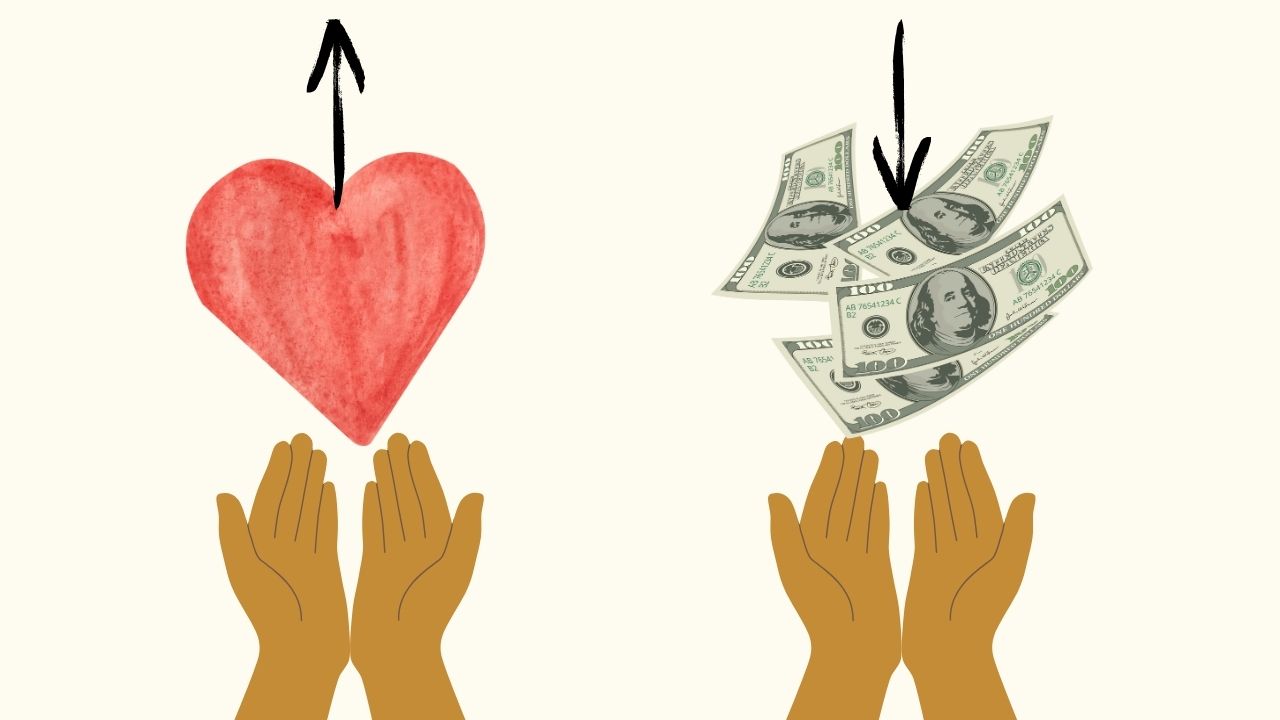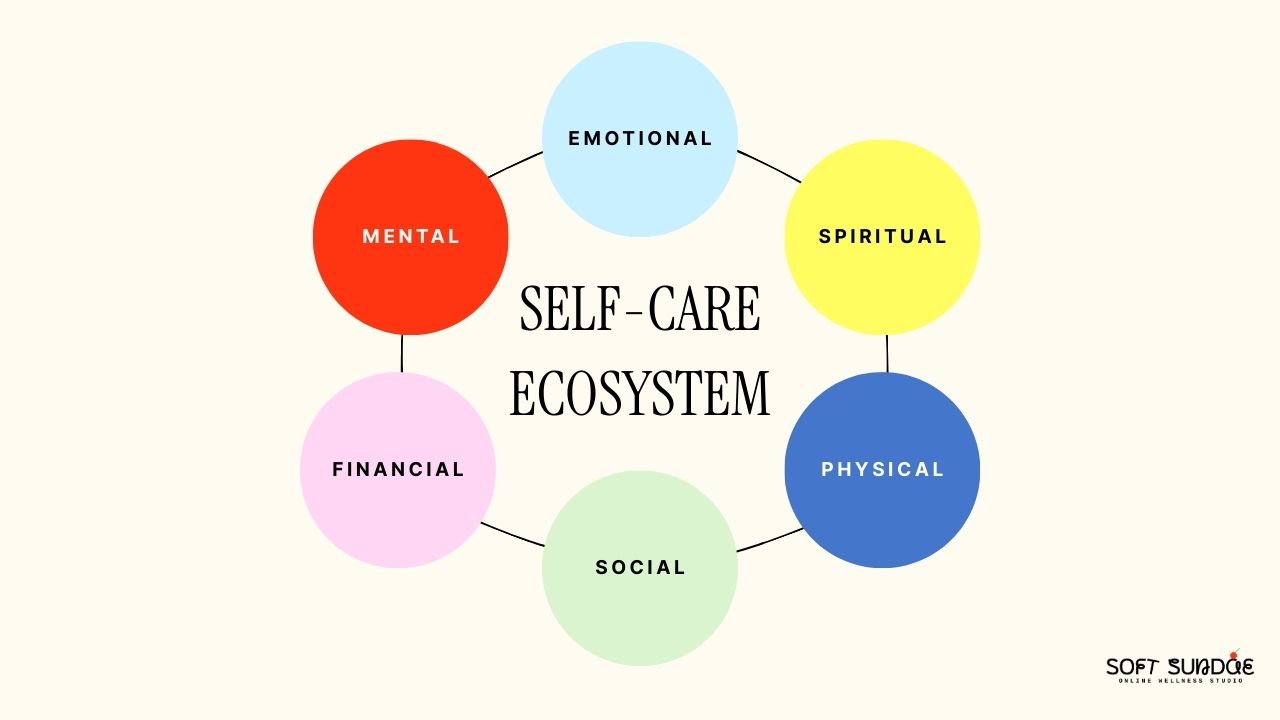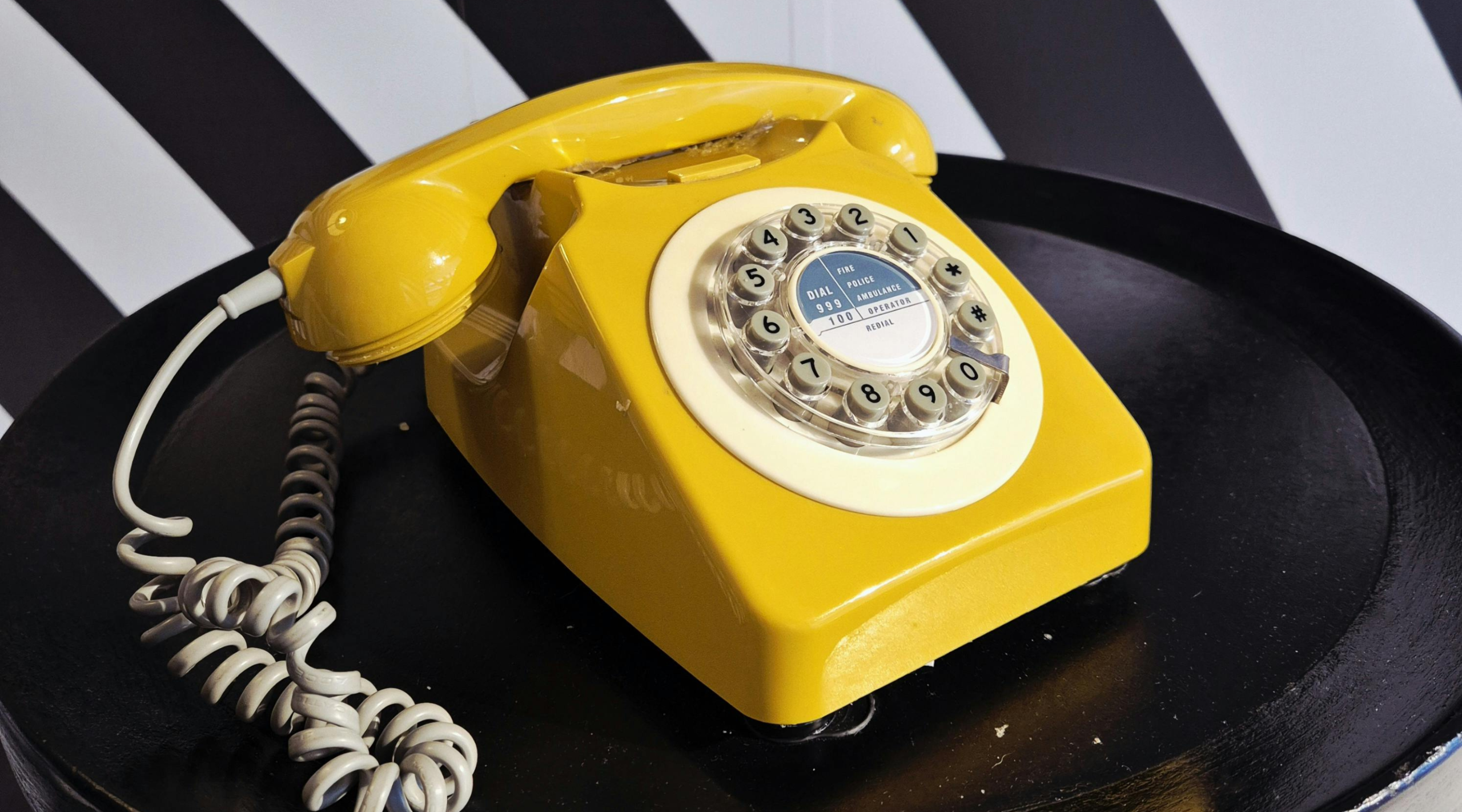It’s Not Your Fault: The Unfair Burden of Self-Care

When Self-Care Feels Like Another To-Do
While you’re swimming in mounting daily tasks, the pressure to “just take better care of yourself” can feel more like a personal failing than a solution.
You’re seeing the perfect self-care set-ups all over social media. You have an internal desire to be able to take at least one moment to yourself without all the responsibilities biting at your ankles. But you’re just unable to solve the riddle of how to make it all happen.
And it leaves you feeling like the teacher is slow-motion handing you the research paper you worked so hard on with a red Sharpie-stained “D-” soaking through the title page.
But self-care isn’t an individual burden—it’s a systemic issue. Let’s unpack that.
1. The Myth of “If You Burn Out, It’s Your Fault”
The idea that burnout is a personal failure rather than a sign of larger societal issues is toxic af and here’s your invitation to let that sh*t go. To live comfortably requires us to give more and more of ourselves away. This is by design. It’s how capitalism works and it touches all of our lives around the globe, even if you live in a socialistic society in Europe. It’s an oxymoron. The more comfort and safety you desire for yourself and your family, the more of it you have to give up.

You need a bigger home for your growing family? Well, you’ll have to give up more of your time to working. And what does that mean for your ability to provide yourself with nurture and care? It means you can’t. It means you have to whittle it down to the bare necessities (shower, brush your teeth, eat, poop, sleep a lil’ bit and keep it going). And this is what’s leading so many of us into recurring bouts of burnout.
And then, the marketing gurus do a fantabulous job of switching it up and convincing us that anything “above” bare necessities are actually luxurious, pampering moments that we have to “earn.” If you don’t hustle enough, then you shouldn’t “treat yourself.” Not yet. Work a little harder and then maybe you can give yourself a longer shower. Phew, this is NOT living.
And while we’re over here convinced that we can’t get a massage until we become manager, corporations and systems are profiting off of our labor while we’re stuck as the scape goat with all the responsibility and guilt on our shoulders for not taking better care of ourselves when in reality, it’s almost impossible to do so without communal and expert assistance that should be provided by those who benefit from our labor and genius.
2. Self-Care Is More Than a Bubble Bath (And That’s the Problem)
What we commonly know as “self-care” has been oversimplified into surface-level luxuries–pampering. Things like turmeric face masks, bubble baths while sipping bubbly, manicures, high-end clothing and bags, liquid diets and the like. But none of these things get us closer to ourselves which is what self-care is all about. It’s a form of self-love and these surface experiences (while nice experiences) don’t budge the self-love/self-connection needle at all.
Real self-care looks like: boundaries, financial health, understanding your energetic capacity, being super clear on your goals and intentions, communicating clearly, saying no, prioritizing deep needs over quick fixes. Just to name a few.
Big self-care reality check that’s needed here:
The self-care that actually works doesn’t always feel glamorous or fun.
3. The Emotional Labor of Prioritizing Yourself
For centuries, women and black and brown folks have had to put others’ needs before their own in order to survive. The indoctrination is so generations-deep that today, many of us often feel that hit of dopamine when helping others but when it comes to putting ourselves first, we’re left feeling guilty and drained.
But it’s difficult to show up as your best self for you and those you care about when your best self is exhausted from constantly giving and is severely deficient in the self-care department.
Reclaiming self-care is an act of self-respect, not selfishness. And it’s time to normalize this mindset shift. Valuing other people’s needs OVER one’s own is a problem. Valuing others and helping where you can is a healthier and more balanced outlook.
Where to start?
Start reclaiming self-care by assessing each ask of you and whether or not it’s something you can do without going into depletion of some sort (energetic, temporal, financial, emotional, etc) and if the answer is yes, then don’t do it or offer a modified option that actually works for you.
4. The Whole-Picture Approach to Well-Being
Let’s get deeper into this. Self-care isn’t one activity, it’s an ecosystem: mental, physical, emotional, spiritual, financial, and social well-being. And not to overwhelm, it’s all about nurturing each of these areas. No need to obsess, but get curious, get to know these parts of yourself so that when they feel off, you can easily detect and adjust.

To create a sustainable self-care practice that supports your real life:
♡ Understand the difference between pampering and self care. The latter has become the term used to describe the former. And it’s so frustrating when you do all that pampering hoping for real self-care results only to feel like you failed miserably.
♡ Get curious about your internal ecosystem: the mental, physical, emotional, and spiritual parts of you. You’re not just your mind and your body and now’s a good time to explore these other parts of yourself.
♡ Acknowledge addiction to busywork. If, in response to a question about your self-care game, you answer with 1,000 other things you need to do like right now, it may feel impossible to slow down. And that’s ok, but allowing yourself to see the pattern/habit can go a long way in daring to interrupt said pattern.
♡ Follow the S.U.N.D.A.E. Approach, my simple framework to assess and address your self-care needs in the 6 areas of your life that matter the most. You can snag it for free!
You Shouldn’t Have to Do This Alone
Community is key and right-fit community starts with self-care. Because if you’re gonna make attachments with folks in a state of lacking care and constantly giving to others more than you actually have the capacity to give–well, you’ll be calling people into your life who are okay with that.
It’s important to clarify that self-care isn’t just an individual responsibility though. It’s a collective need. When one person communicates a boundary, the other needs to hear that and honor it. And we need to practice things like that in a safe container because these types of skills can be brand new to some and it takes making mistakes trying in order to really be able to figure out how to practice self-care communally.
I’ll leave an invitation here for you to reimagine self care as something we can all help eachother with doing. We can normalize boundary communication, being fiscally responsible, changing plans to honor energetic capacity, slowing down and taking our time to respond to requests, and so much more.
Self-care is NOT an individual burden. It’s a collective responsibility.
Stay connected with news and updates!
Join the mailing list to receive the latest news and updates from the Soft Sundae studio.
Don't worry, your information will not be shared.
I'm not a SPAM fan! I'll never sell your information, for any reason.








